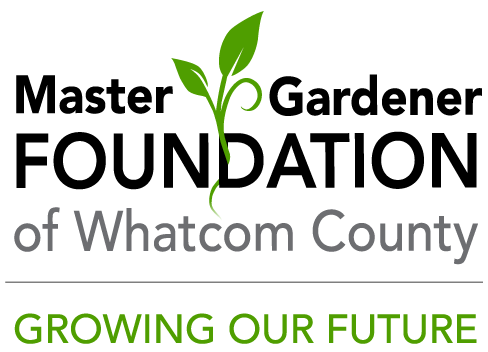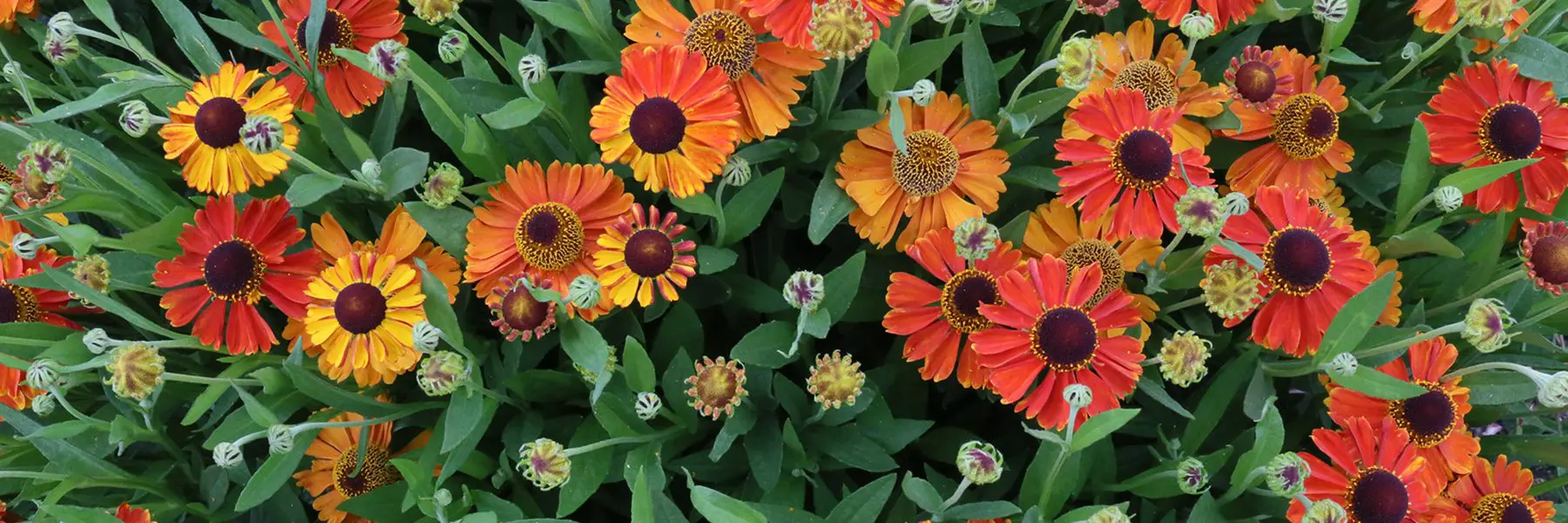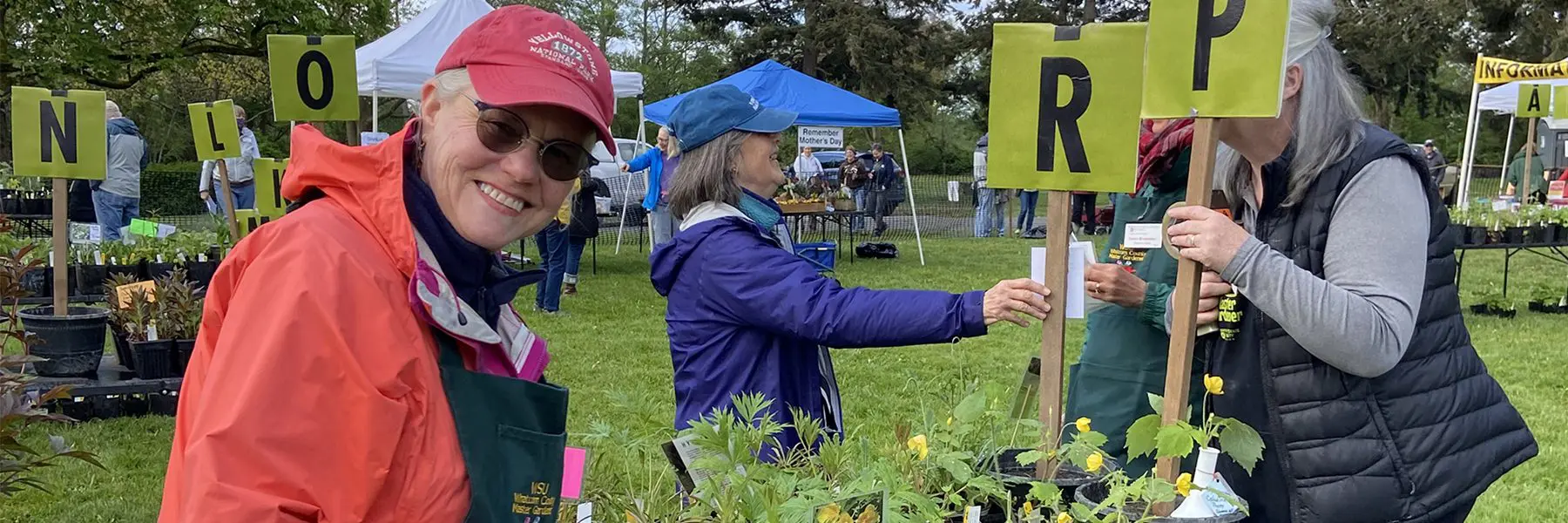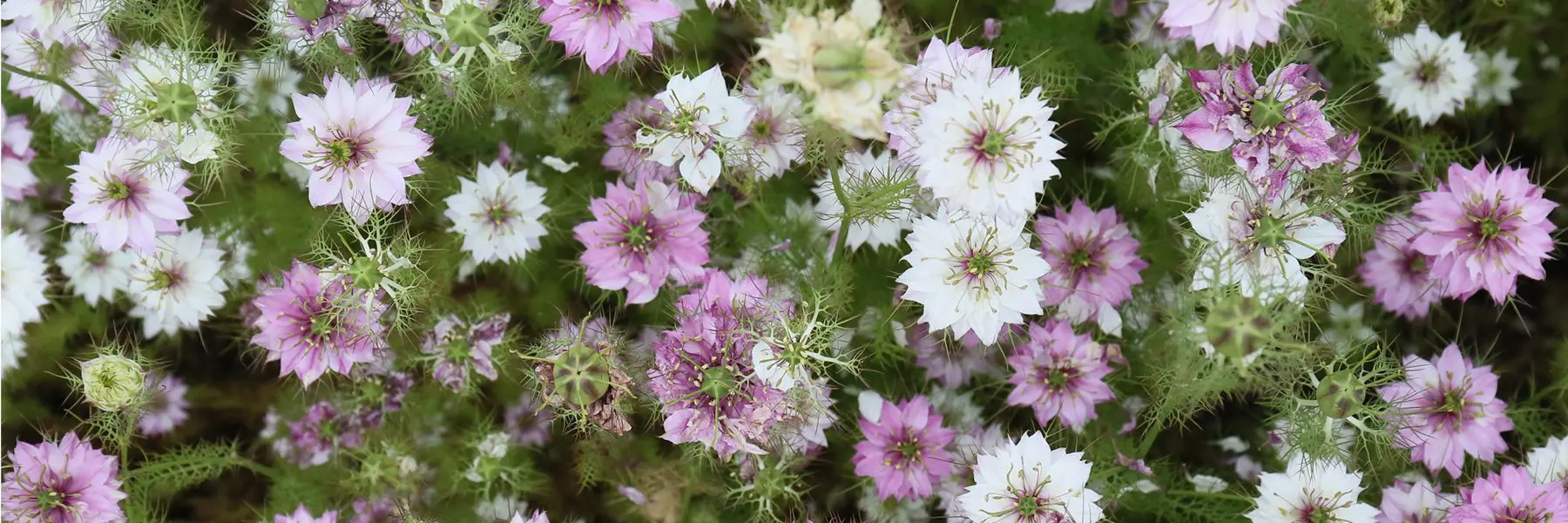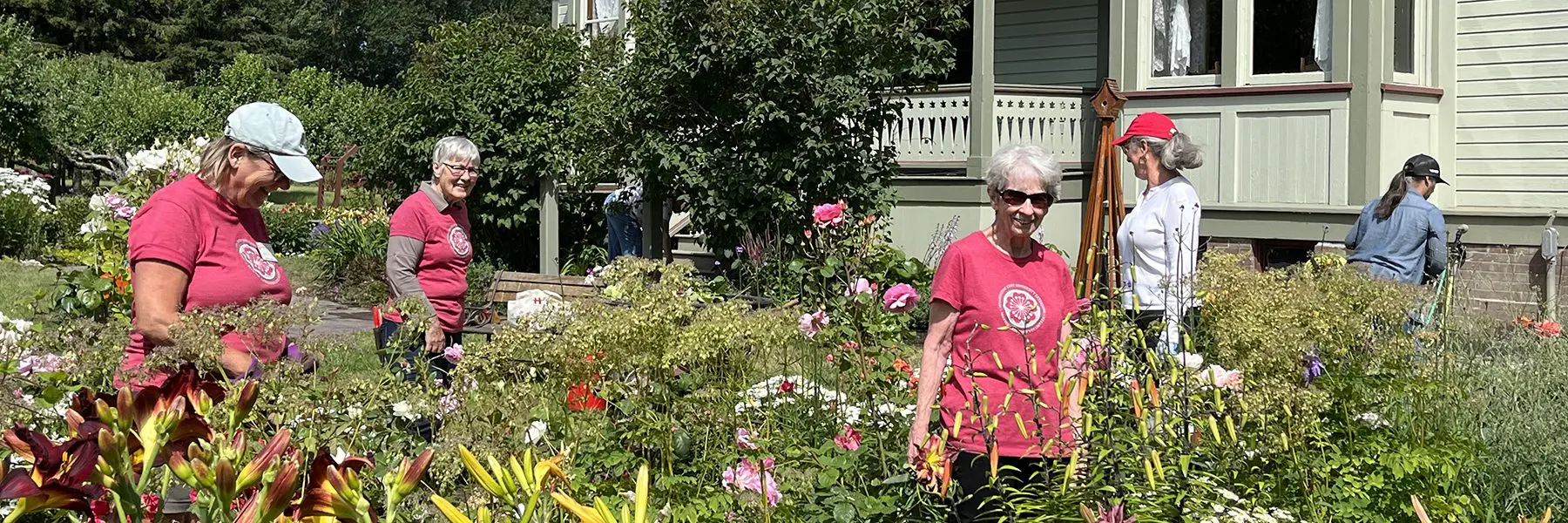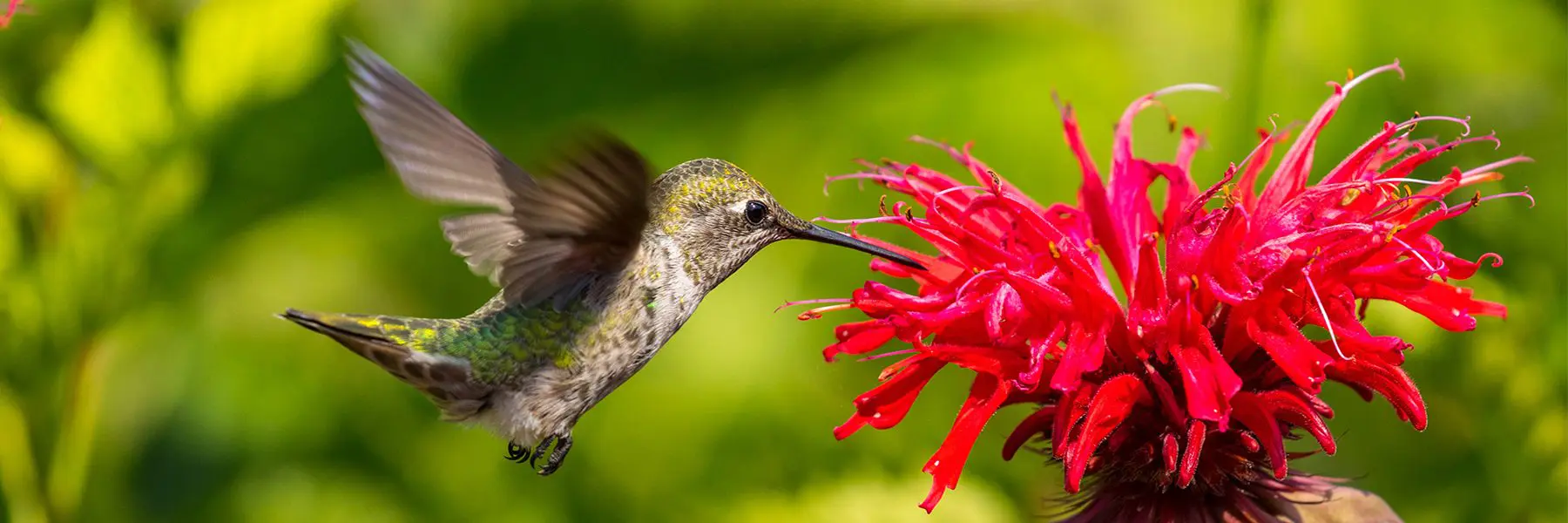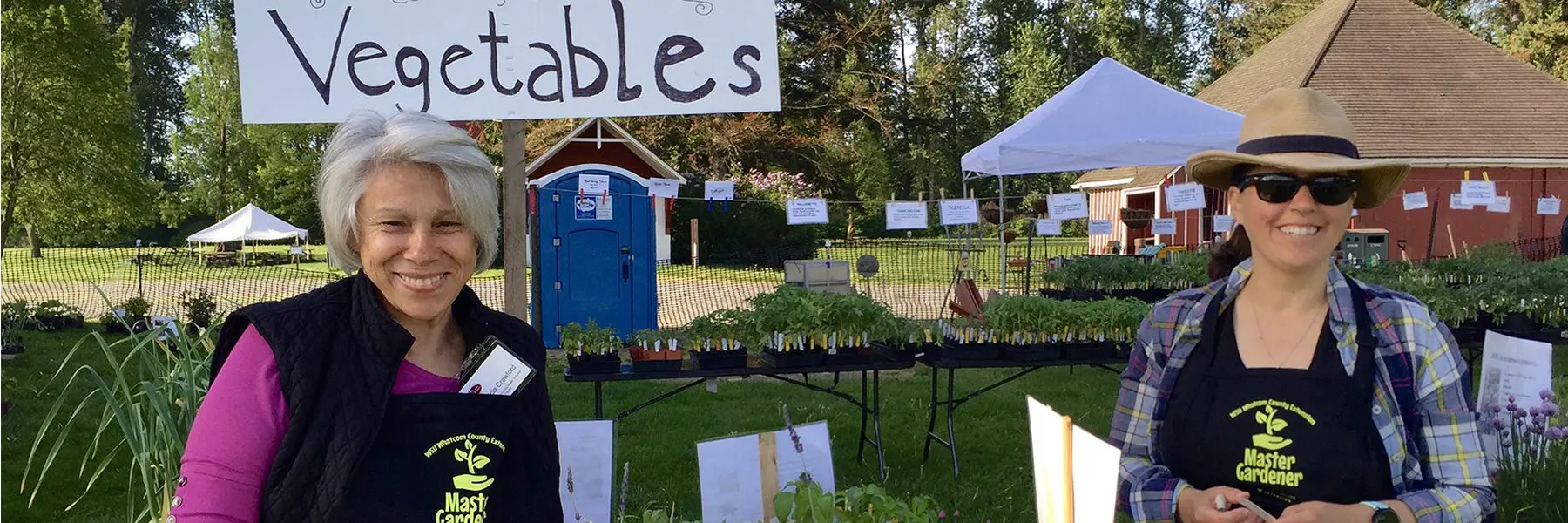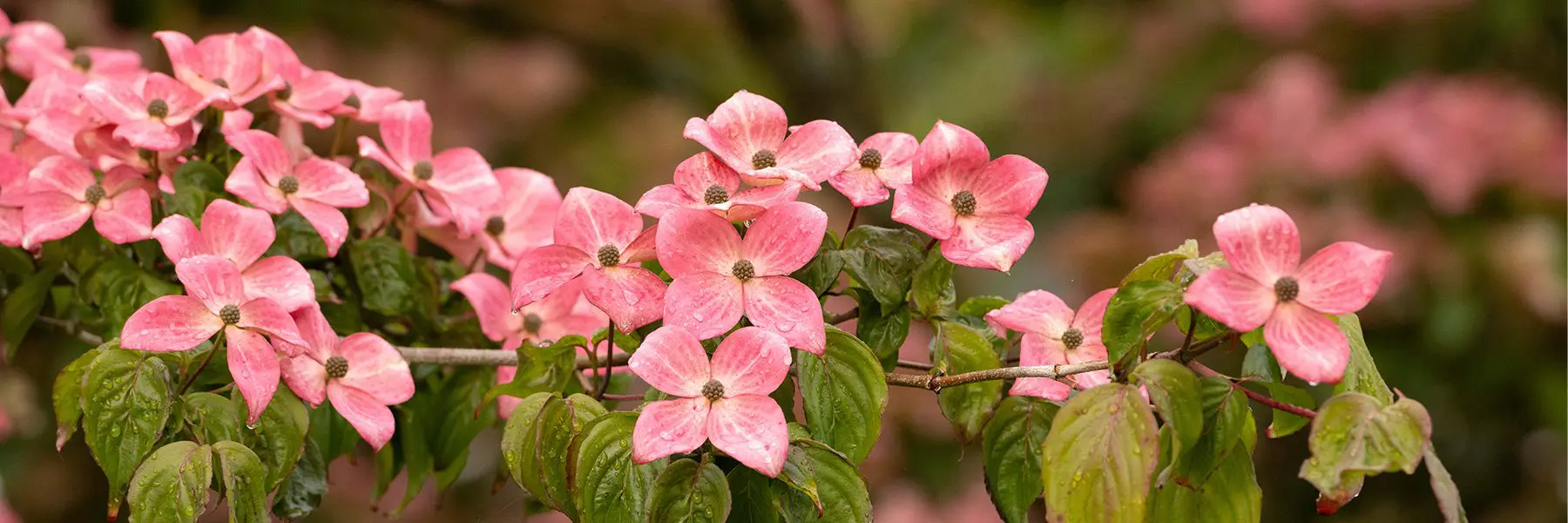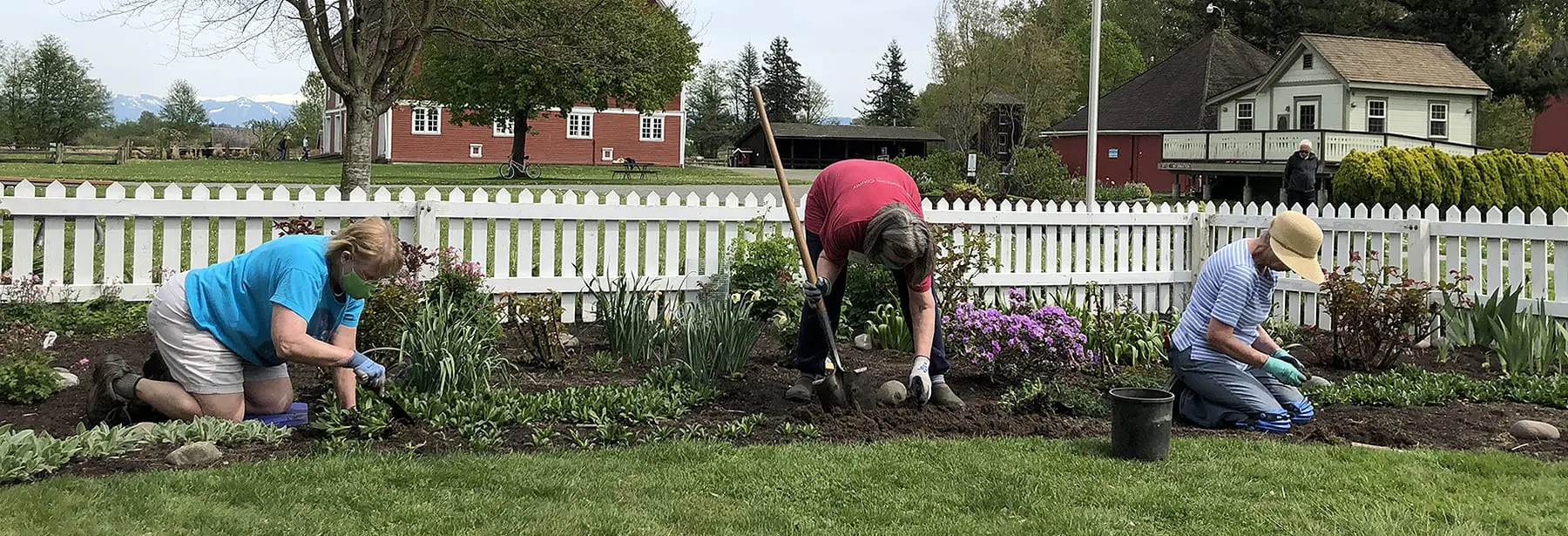Supporting Whatcom County Master Gardeners since 1997.
The Master Gardener Foundation of Whatcom County is a 501(c)(3) nonprofit corporation that works in partnership with the Whatcom County WSU Master Gardener Program. Our Foundation raises funds to support the work of Whatcom Master Gardeners as they maintain demonstration gardens and share science-based, sustainable gardening practices throughout our community.
See Who We Are for more info.
Master Gardener 2026 Annual Plant Sales
Get Ready to Grow the 2026 Annual Plant Sale is Growing Near: Get Expert-Grown Plants for Your Home Garden!
We’re hard at work prepping this year’s top-performing varietals.
Mark your calendars to secure the best tomatoes, herbs, and perennials for your 2026 garden.
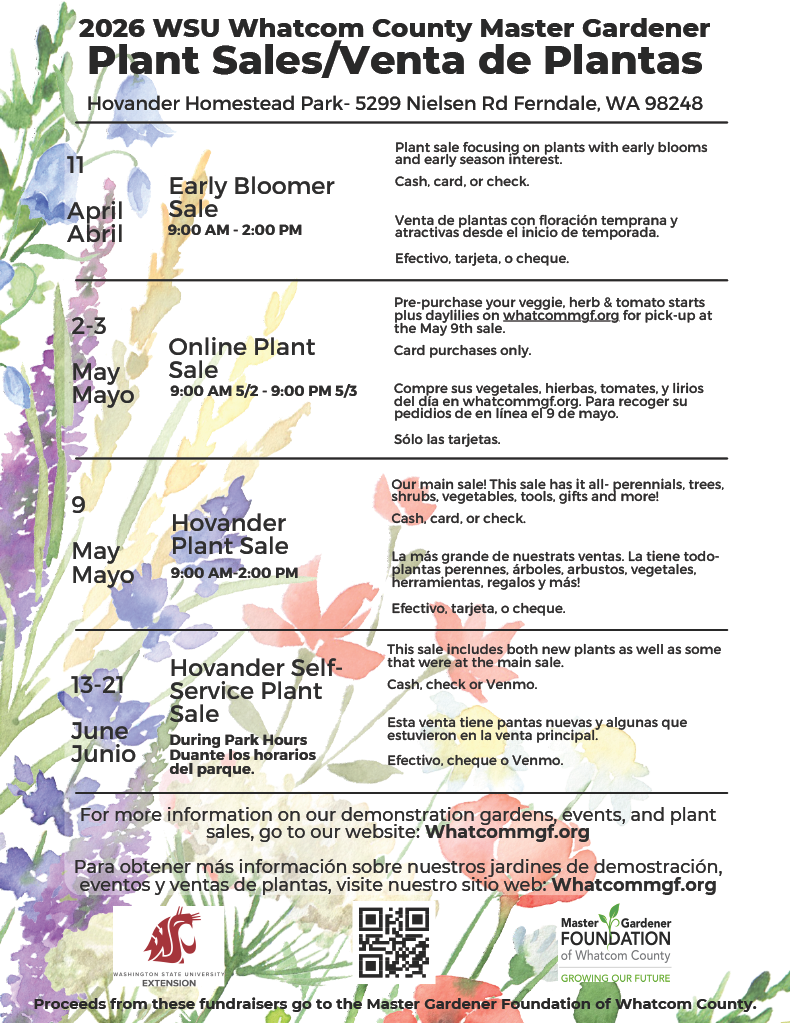
Sign up for “Early Bird” notifications and be the first to see our 2026 plant list!
Events
Upcoming Events
Demonstration Gardens
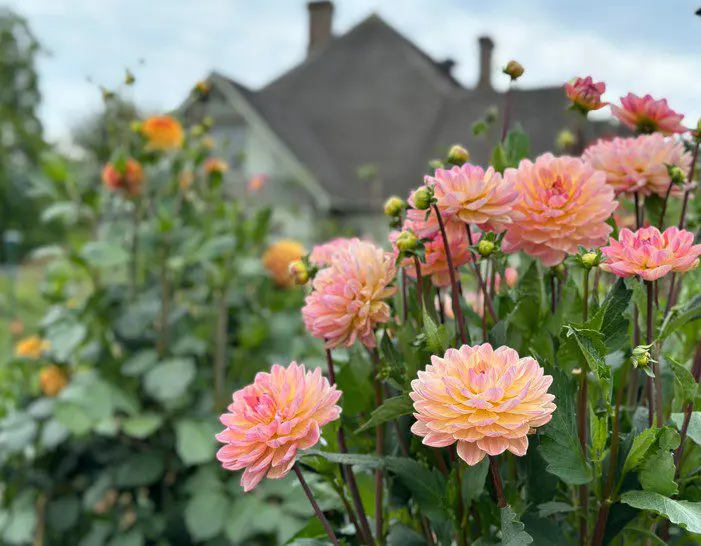
Whatcom County Master Gardeners maintain four Demonstration Gardens where you can view plant varieties, learn about sustainable gardening techniques, and experience history in two beautiful Whatcom County Parks.
Hovander Homestead Park Demonstration Gardens: Bring your family and enjoy the children’s garden, vegetable garden, pollinator garden, and much more at this lovely park in Ferndale. Learn more here.
Roeder Home Park Demonstration Garden: Experience this beautiful and unique urban garden at one of Bellingham’s historic landmark homes. Learn more here.
WeGrow Garden: Located in the heart of Bellingham, the WeGrow Garden demonstrates raised bed gardening and composting systems, provides youth and community educational programs, and donates over 500 pounds of produce each year to local food banks. Learn more here.
PeaceHealth St. Joseph Hospital Therapy Garden: Located at St. Joseph Hospital in Bellingham, WA, this garden is a calm refuge for individuals both receiving treatment and for those with loved ones in the hospital. Learn more here.
Plant Clinic
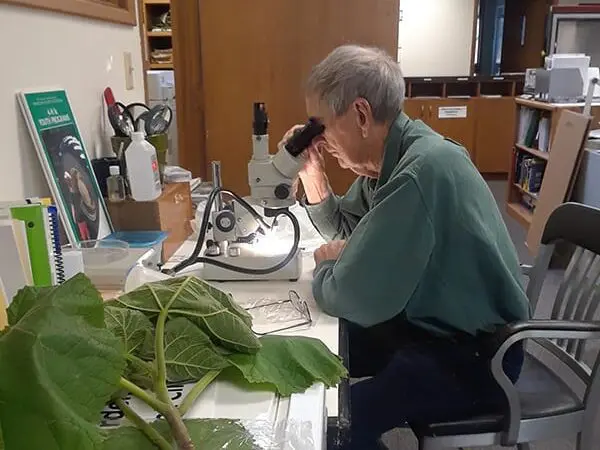
WSU’s Whatcom County Diagnostic Plant Clinic is a FREE service with trained Master Gardeners available to assist you in diagnosing a problem, identifying plants and garden pests, and solving most gardening challenges. Visit the WSU Extension website for more information and seasonal hours.
Subscribe to receive email updates for events and classes.
Your contact information will not be shared with any third party, and will only be used for the purpose described above. You can unsubscribe at any time by clicking the link in the footer of our emails.
Community Partners
The Whatcom Master Gardener Foundation is grateful to all the organizations that have supported our activities. Those local businesses shown below have contributed money, goods, and/or services within the last two years.

